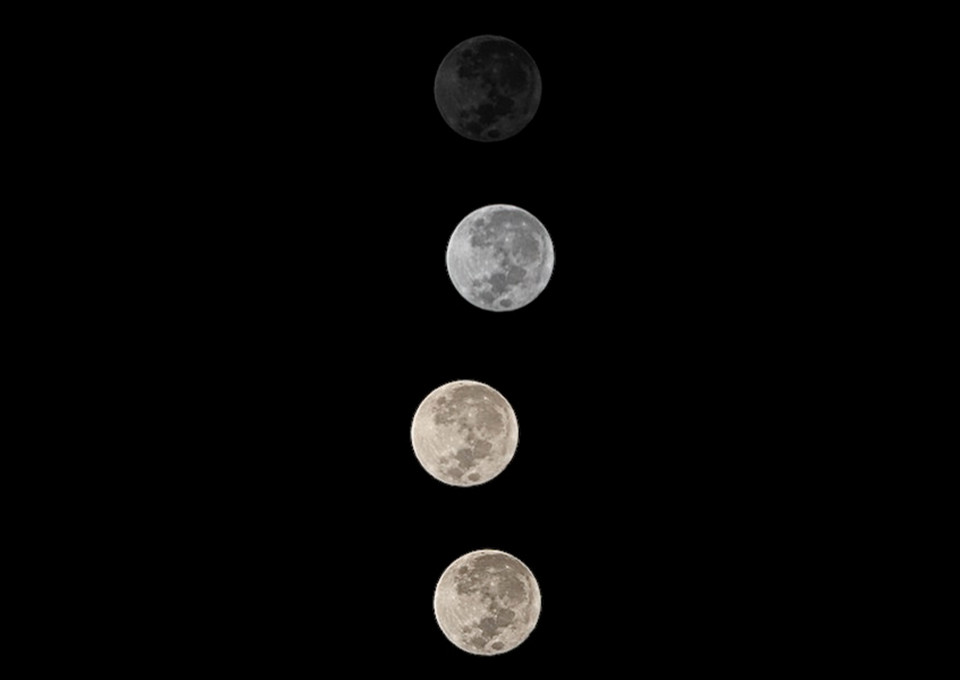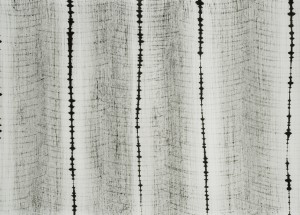Breathe, BREATHE, gasp, BREATHE, GASP, GASP, GASP.
Run outside.
Vomit.
Cry.
Spit.
Breathe.
The night George Zimmerman was acquitted for the murder of Trayvon Martin, I was at home by myself. Opening my Facebook, I was immediately inundated with the outpouring of Black grief that has come to be a regular rhythm for Black souls in the age of Obama.
Like many others, I was scared, I was afraid, I was angry, and, maybe most importantly, I was grieving. Everything I believed about the way the world worked and my own sense of safety was falling apart before my eyes. Some of the emotions that swept over me were easily recognizable and fairly contained, but soon after emotions I had never felt before boiled up from my belly and filled my lungs with fire. As I fell to the ground gasping for air, I felt like I was drowning in an empty room.
I imagine it must be what it feels like to die alone.
More devastating than the pain of the acquittal itself was the fact that I was, quite literally, alone. At the time I had almost no Black friends and my primary communities were overwhelmingly middle-class white folks. There was no one I could call or talk to who was feeling the sort of devastation I was, and I knew it. When I went to church the next day my white friends looked at me in genuine confusion. While I was mourning a sort of death I couldn’t describe, I felt as though I was screaming in a glass box; people could see me, but they could not hear me. To the outside world I was simply a raging mess, and as I cried out for help it was like Sojourner said: “none but Jesus heard me”.
This isolation was not unique to me, but, more than that, it wasn’t a random occurrence. White supremacy in our world doesn’t just function by exploiting our labor, by draining it from our communities, and killing us; it also seeks to keep us separated from one another, especially in the moments of our pain. But if isolation is the tool of white supremacy, then Black liberation must be rooted in our connectedness. Anti-Blackness wishes that we would die alone. Black resistance says if we are to die, we will do so hand-in-hand.
This tradition of sowing division amongst Africans is as old as the Black experience in America itself. West Africans brought to the Americas to be enslaved were intentionally separated from people they knew and shared language with, and were quickly barred from speaking or teaching their native tongue. Slaveowners enforced strict hierarchies amongst Black people on the plantations, which helped to prevent uprisings. Often coerced into Christianity, the enslaved were banned from reading while their families were broken apart and sold to different owners. Even marriage was restricted, and within time Africans were prohibited from congregating together at all outside of Sunday Christian church services.
Today, this isolation comes in many forms. It looks like the way Black students are encouraged to integrate into white schools, often by foregoing relationships with other Black students, all while having almost no Black teachers or mentors. It looks like the way that gentrification rips through communities, forcing people to scatter away from those they love. It looks like Black people in the corporate world, where they are often tokenized and where assimilation to white patriarchal norms is a requirement for success. It looks like the ways Blackness has been portrayed to most of us our entire lives––that there are “good Blacks” and “bad Blacks”, and that you are never quite Black enough.
There is probably no greater symbol of the way the State conspires against Black interconnectedness than the moment that sparked what is now known as the Ferguson Uprising. It wasn’t Michael Brown’s death that set off months of protests across the nation. It was the callousness with which the police treated his slain body, and, most importantly, the moment they drove SWAT trucks into his vigil that evening as people came together to mourn––this was what sparked the rebellion we have seen replicated over and over since then. If the State has a vested interest in maintaining white supremacy in America, and they do, then they have a vested interest in disrupting Black spaces of connectedness, which are ultimately spaces of Black rebellion.
The resistance we have seen in the past few years during the Movement For Black Lives isn’t just about people’s anger, but about Black people coming together, grounded by the power that comes from intimacy and trust. It isn’t about us simply coming together and claiming unity because it feels good to believe that we belong, but the harsh realization that we are oppressed together and likewise need each other to survive. I’ve needed a Black friend to call when I was on the brink of tears. I’ve needed to be there for the birth of my Black friends’ daughter. I’ve needed a Black woman to help me take out my braids and oil my scalp when it feels like I am carrying the weight of the world in my hair. Though people’s anger, my own included, drove them to the streets, it is the connections they make, the bonds of compassion people form, that become the foundation of true revolution.
To openly cherish and appreciate Black life, to seek and require connection with others, goes against core American values. Where American culture says that autonomy and self-sufficiency are the highest virtues, Black resistance values admitting how deeply we need one another, recognizing vulnerability as both a posture of honesty and of power. Though the trauma we experience is indeed painful and unnecessary, for many of us it opens up the way for us to connect with other Black people. Far from the colorblind context many in my generation were raised with, we are recognizing that needing to be with other Black people isn’t a sign of weakness, but the pursuit of strength.
I cannot survive this, we cannot survive this, alone. But together we just might be able to fight our way to freedom.
The uprisings will continue in major cities across America, as the police continue to slaughter us in the streets and enslave us in prisons, as our communities are intentionally drained of resources. But we have one thing they have never seemed to be able to take away: each other. In the coming months and years the solutions we come up with to issues of systemic oppression will be important. But underlying these solutions will be connection, and our connectedness a sign of whether this resistance can be sustained.
While we overcome the ways the dominant white supremacist structures have sought to separate us, we join in the tradition of our ancestors. As hierarchies were instituted on the plantation, they worked together to plan rebellions from the field to the house. As they were separated outside of Sunday service, they converted to Christianity and planned uprisings in church. As communication between slaves was restricted and surveilled, our ancestors sent prophecies of freedom to one another through songs, through quilts, and hidden language.
So march, fight, vote if you want to. But as the world would have us isolated and believing the pain we are feeling is ours alone, reach out and connect with other Black people. Have dinner, share joy, hug each other, cry together, laugh together, find strength in one another. At the end of the day each other is all we have. But thankfully, all we have is all we need.
I've done many things politically since that day I was in my living room, sobbing by myself. I’ve been in national news, I’ve marched, I’ve affected the presidential election, all of which are good things.
But the most revolutionary work I do for others and for myself is in the moments that I am able to connect, even if just for a moment, with another Black person. It is these moments of seeing one another, needing one another, and holding one another, that truly make me believe in a world where we can finally be free.
I don’t know if we will ever end police brutality, mass incarceration, gentrification, or US imperialism. I pray we truly do. But what I do know is that Black love feels like flying. Far from the ways white supremacy seeks to plunge us underneath the waters, our connectedness is like mana in the desert and a staff in the middle of the Nile.
If white supremacy is death, then Black love is a rebirth of sorts.
Today and every day, I choose life.




